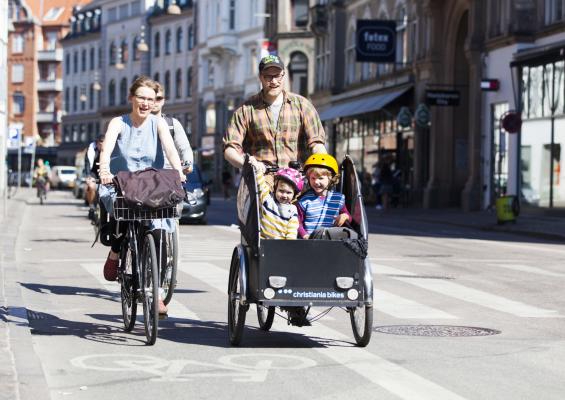Project summary
While cycling in Europe has skyrocketed in recent years, accelerated by European investment, urban transport still generates a quarter of CO2 transport emissions and accounts for 69% of road accidents in cities. These figures stress the importance of providing citizens with safe transport alternatives, including better-developed and connected cycling infrastructure.
The effects of climate change have posed further questions about integrating cycling into changing urban infrastructures while remaining accessible and safe for various groups. Estimates point at over 100 million people with different level of disabilities living in the EU, raising the question: how can cycling planning react to their needs and those of other vulnerable social groups?
To answer these legitimate concerns, a diverse partnership of cities and regional actors has come together, coordinated by West Pannon Regional and Economic Development Public Nonprofit Ltd. and funded by the Interreg Europe Programme; ‘CycleRight.’ The project aims to improve a set of policy instruments targeting sustainable urban mobility for a zero carbon economy by sharing good practices and knowledge on climate-resilient, accessible, safe cycling infrastructure.
The learnings will then be integrated into the organisational operations of the project partners. This knowledge will also be accessible in the Interreg Europe Policy Learning Platform and fed into the Climate Resilient and Inclusive Cycling Planning Guide by the European Cyclists’ Federation.
Interregional learning activities allow the more efficient usage of the €3.2 billion planned for the 2021–2027 period of the Cohesion Policy, not to mention the additional possibilities of the Recovery and Resilience Facility.
